Even the most dedicated pet parents can overlook small habits that affect their pets’ well-being. From accidental overfeeding to inconsistent training, these subtle missteps can add up. But don’t worry—with a few expert insights, you can easily turn these around and give your furry friend the best life possible. Here are some common pet parenting pitfalls you may not realize you’re making—and how to fix them.
1. Overfeeding Out of Love
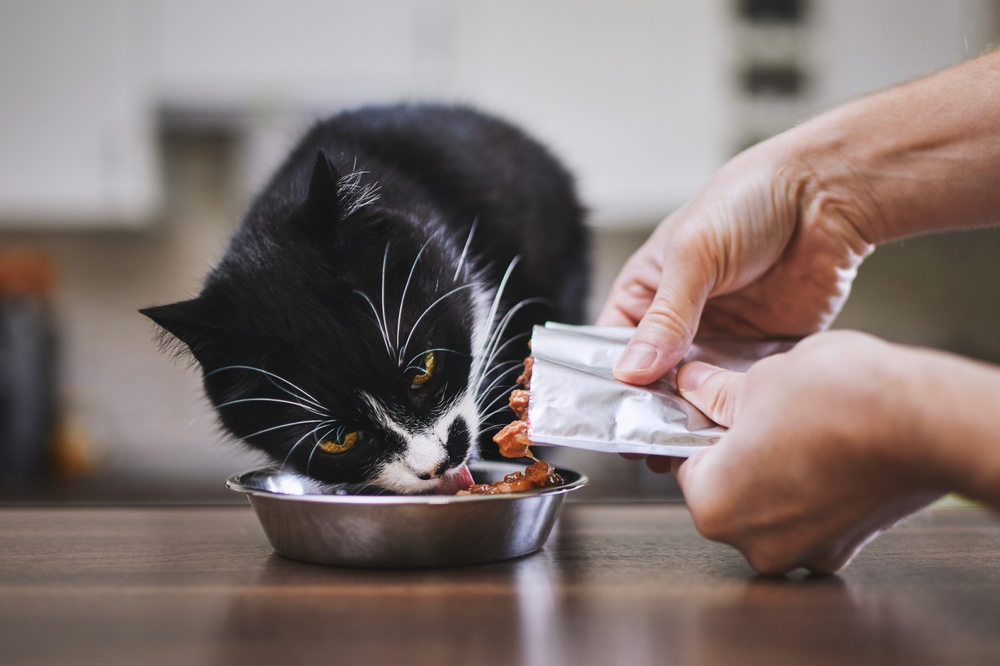
It’s tempting to reward your pet with treats or let them indulge at mealtime, but overfeeding can lead to weight gain, health issues, and reduced energy levels. Many pet parents unknowingly feed extra because they see it as a form of love. To keep them fit, measure food portions based on their age, weight, and activity level, and use treats wisely. A healthy pet is a happier pet.
2. Neglecting Regular Dental Care
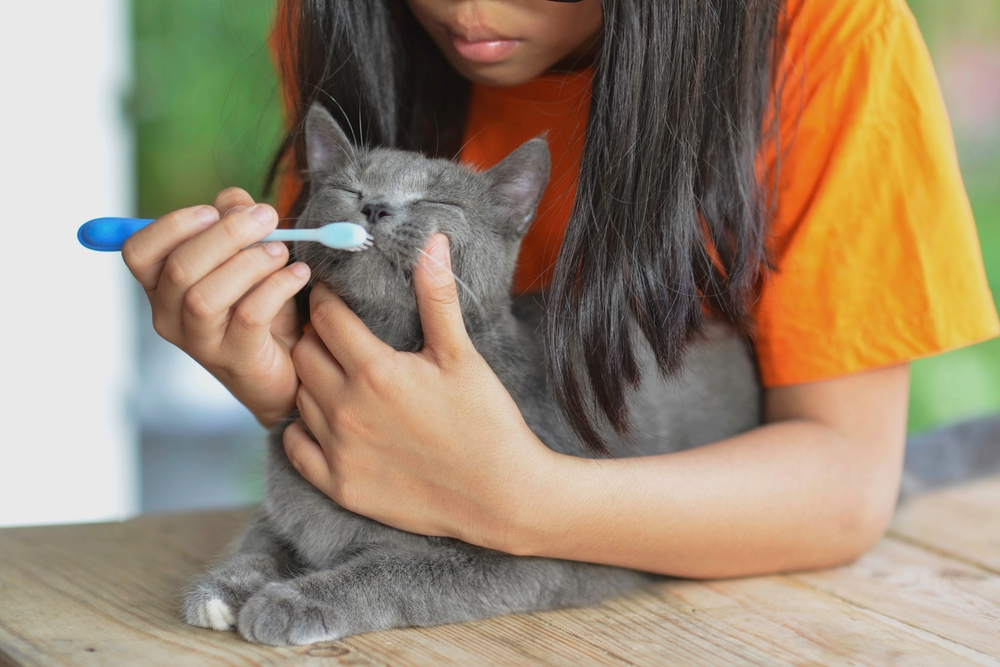
Dental health is essential for pets, yet it’s easy to overlook. Ignoring their dental needs can lead to plaque buildup, gum disease, and even systemic infections. Regular brushing or providing dental treats can improve their oral health. Some pets may need professional cleanings, too. Remember, a pet with a clean mouth is more likely to stay healthy and pain-free over the years.
3. Skipping Mental Stimulation
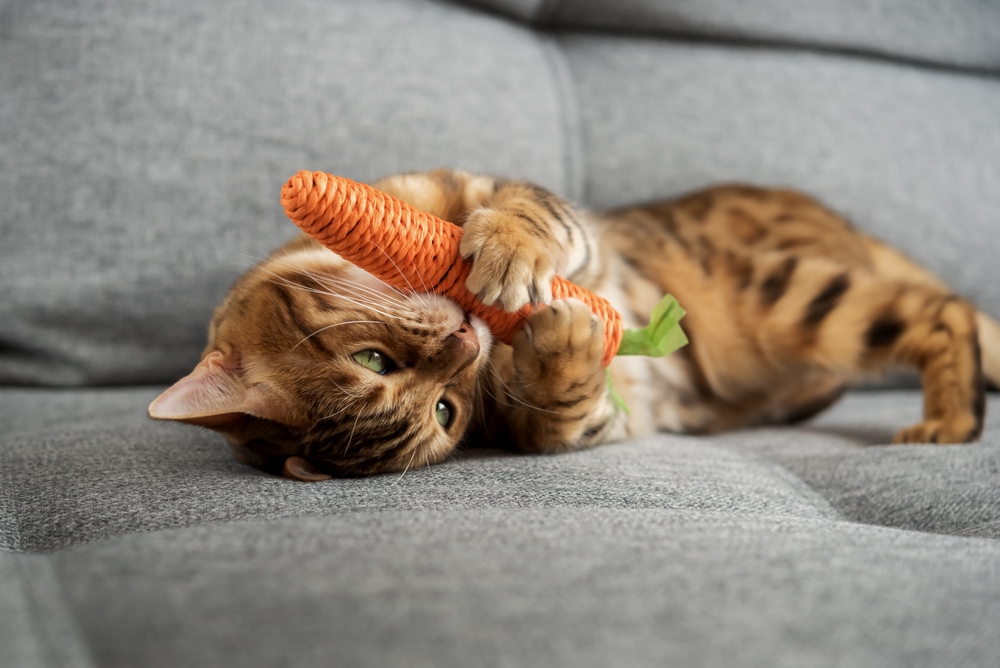
Pets need more than physical exercise; they thrive on mental engagement as well. Without mental stimulation, pets may become bored, anxious, or destructive. Activities like puzzle toys, interactive play, or even training sessions keep their minds active. Making time for mental challenges can reduce unwanted behaviors and make your pet feel fulfilled and engaged with their surroundings.
4. Failing to Socialize Properly
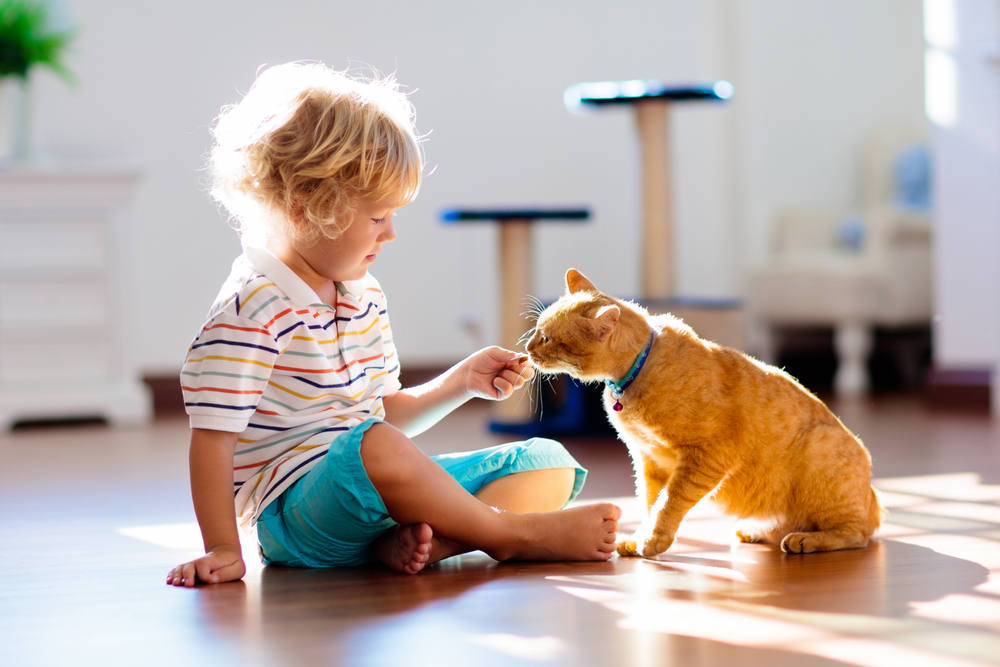
Socialization is crucial for pets, especially during their early months. Many pet parents avoid exposing their pets to new experiences, sounds, or other animals, leading to fear or aggression later in life. Safely introducing your pet to new people, places, and pets helps them become well-adjusted. Building positive social experiences creates a balanced and adaptable pet, making life easier for you both.
5. Ignoring Body Language Cues
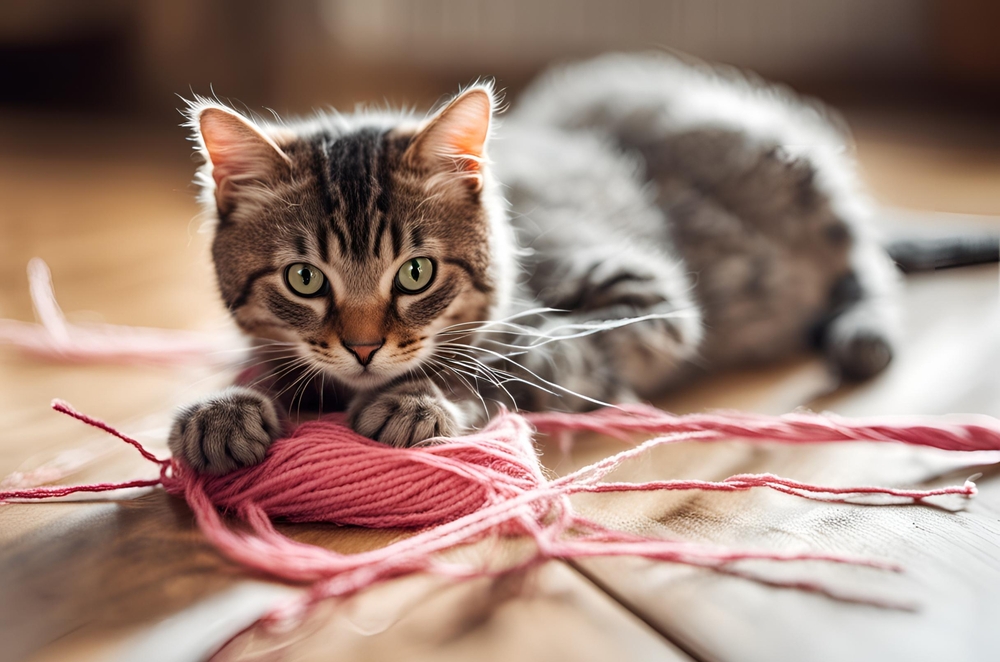
Pets communicate with body language, but many people miss these important cues. Misinterpreting or ignoring signals like tail position, ear movements, or body posture can cause misunderstandings and stress. By learning your pet’s body language, you can better understand their needs and comfort levels. Respecting their cues leads to a more harmonious relationship and helps you anticipate their responses in various situations.
6. Being Inconsistent with Training

Training requires patience and consistency, but it’s easy to send mixed signals by not reinforcing rules consistently. For example, if you allow them on the couch sometimes but scold them other times, they get confused. Clear, consistent training helps pets understand boundaries and builds trust. By setting and maintaining rules, you create a secure environment where they know what’s expected of them.
7. Delaying Veterinary Visits

Some pet parents skip regular vet checkups, thinking they’re unnecessary if their pet seems healthy. But routine visits are key for catching health issues early and staying up-to-date on vaccinations and preventive care. Vet visits are like health tune-ups for your pet, and they help detect issues you might not notice. Regular checkups ensure your pet stays healthy and avoids preventable complications.
8. Overlooking Exercise Needs

Many people underestimate their pet’s need for regular exercise, especially with smaller pets or those who seem low-energy. But regular activity is vital for their physical and mental well-being. Exercise keeps them fit, reduces behavioral issues, and supports heart health. Engaging in daily play or walks tailored to your pet’s energy level ensures they stay balanced, happy, and well-behaved.
9. Not Providing a Safe, Comfortable Space

Your pet needs a place of their own to retreat to when they want quiet time. Without a designated safe space, they may feel overwhelmed, especially in busy households. Whether it’s a cozy bed, a crate, or a specific room, providing a comforting area shows them they have a spot where they can relax. This security is essential for their emotional well-being and helps them feel more settled.
10. Forgetting to Set Routine and Structure

Pets thrive on routines, which give them a sense of security and stability. Inconsistent schedules, especially for feeding, walks, or playtime, can cause anxiety and behavioral issues. Establishing a reliable routine helps them understand when to expect key activities, which in turn reduces stress. A structured day makes for a calmer, happier pet who knows their daily rhythms and what to expect.
